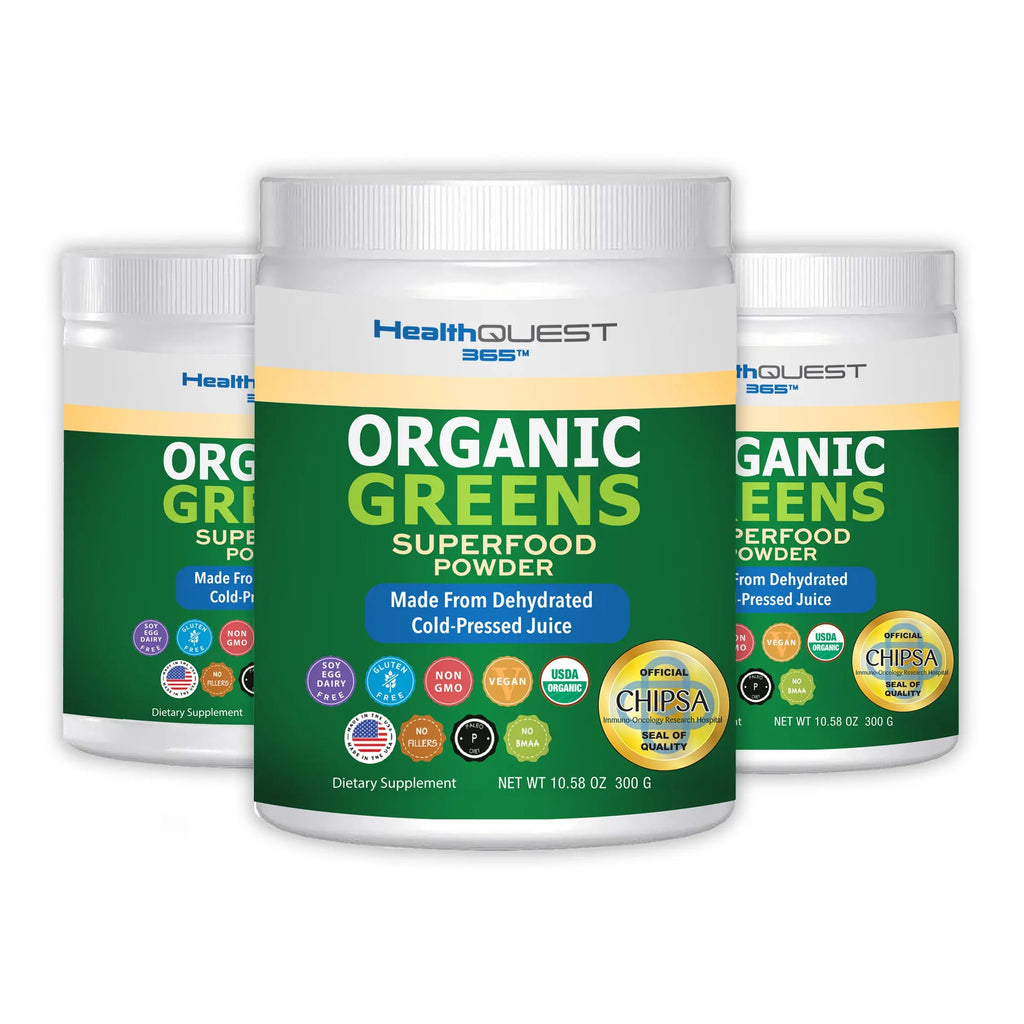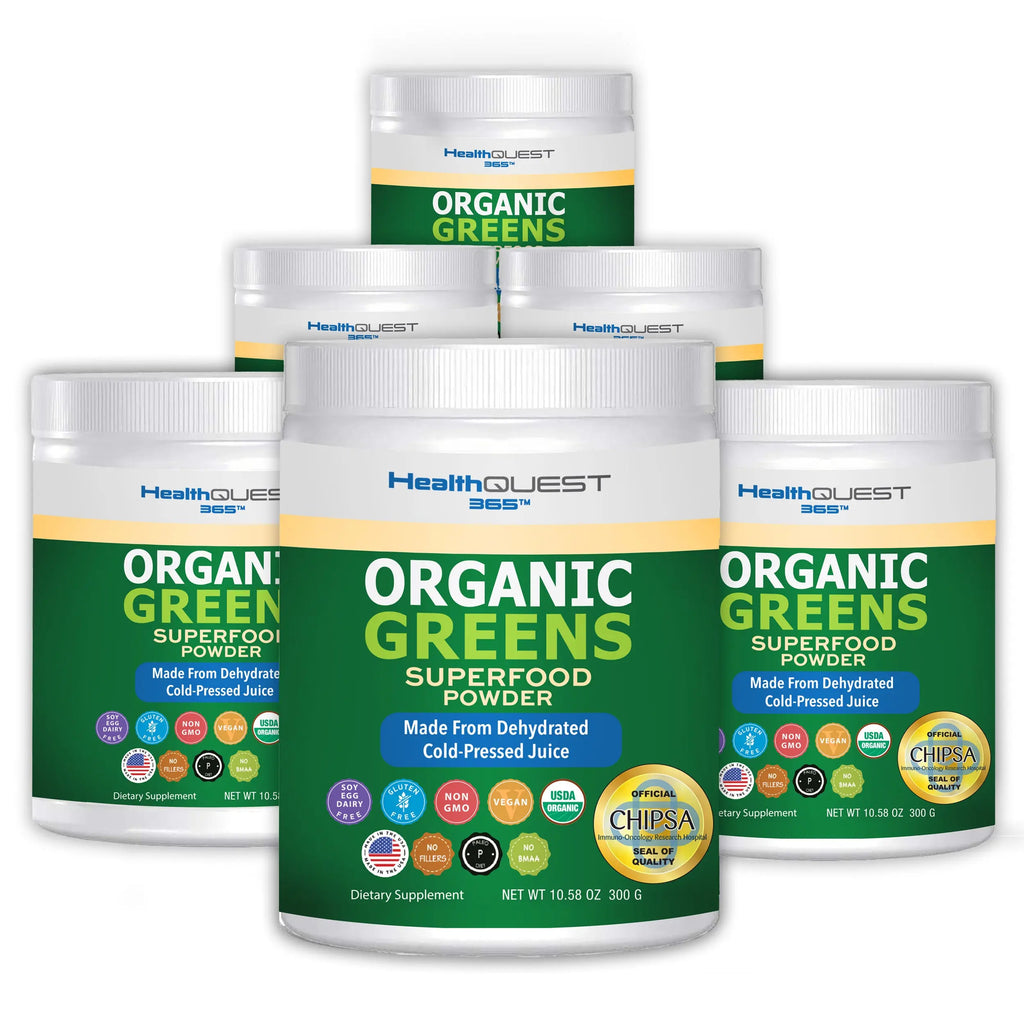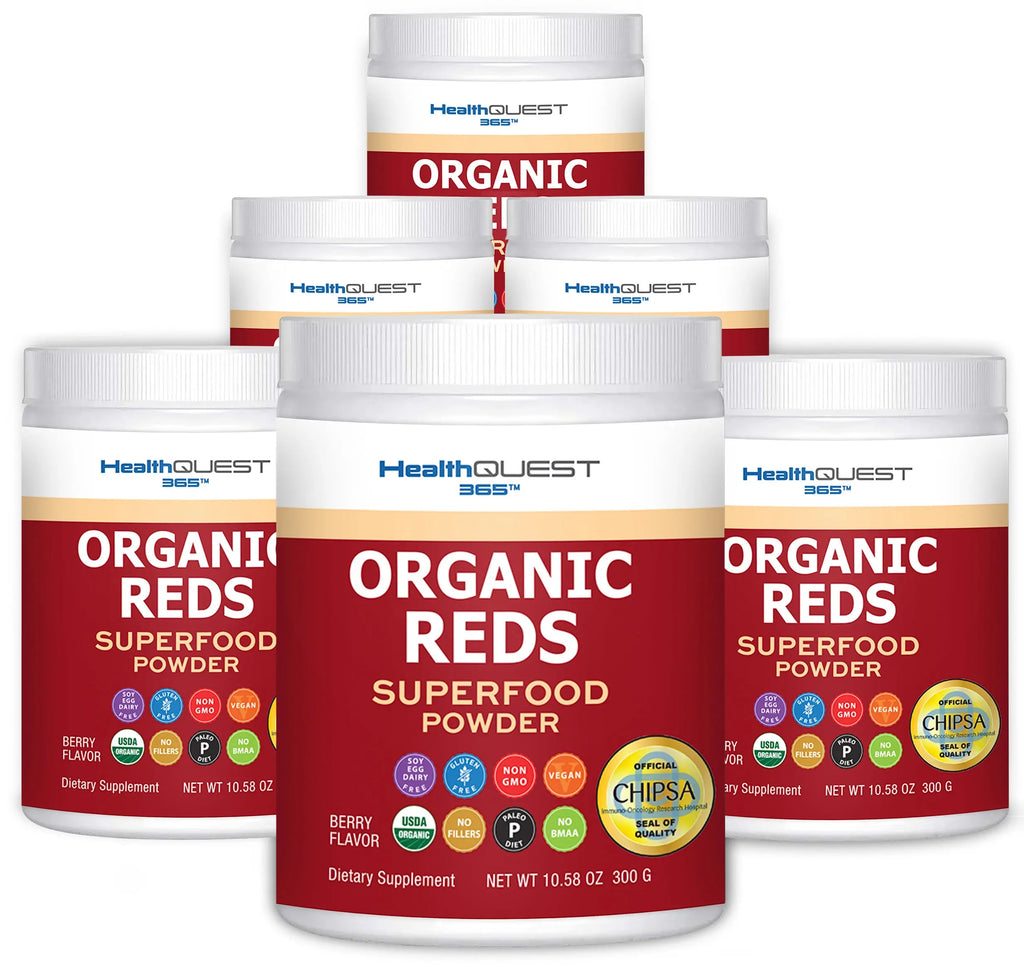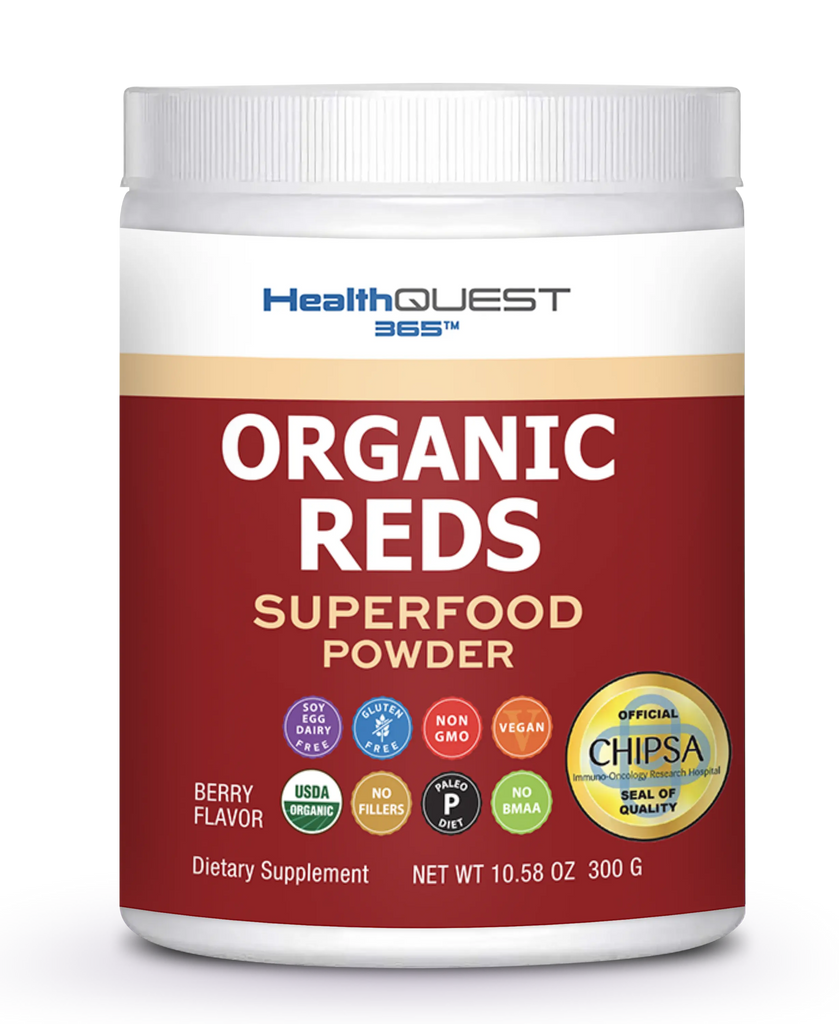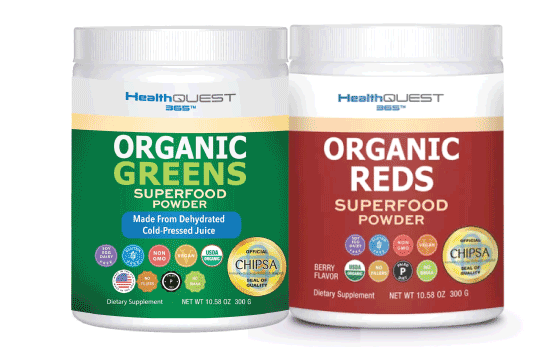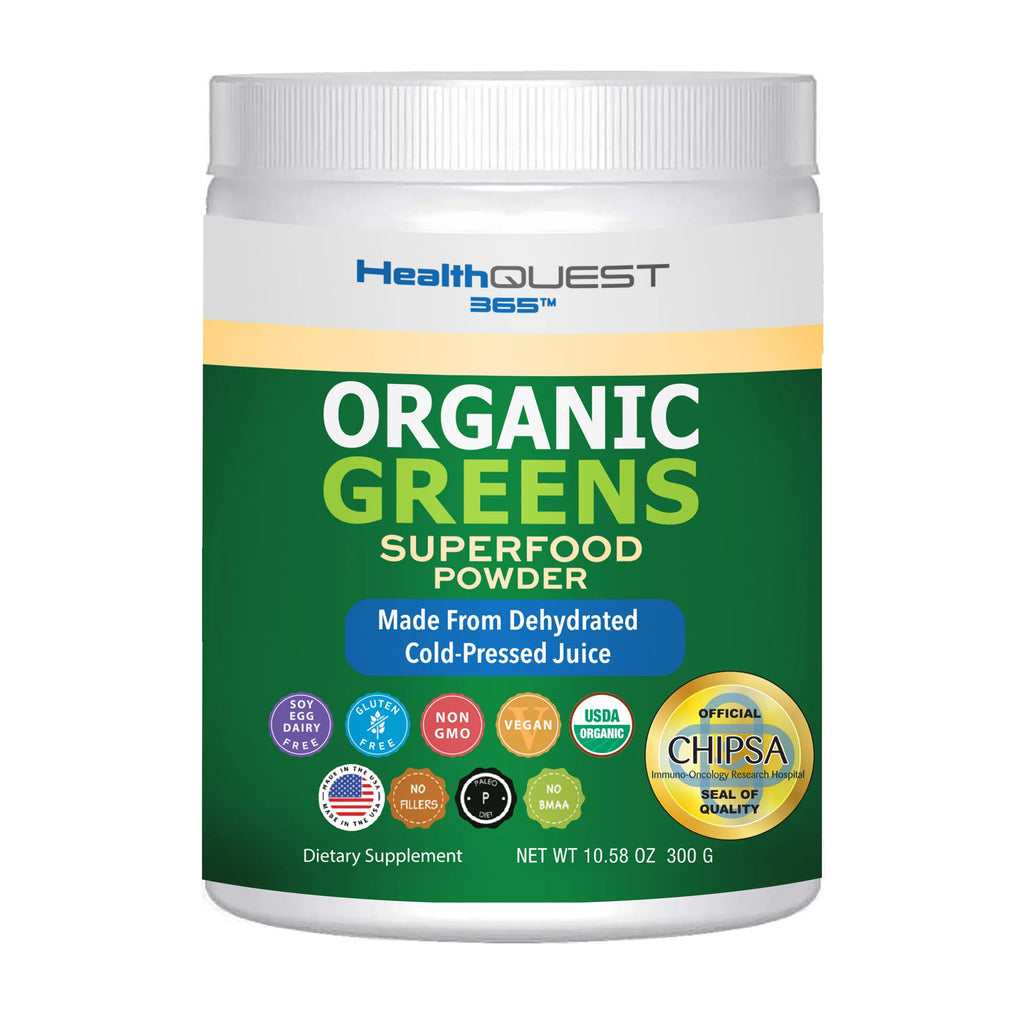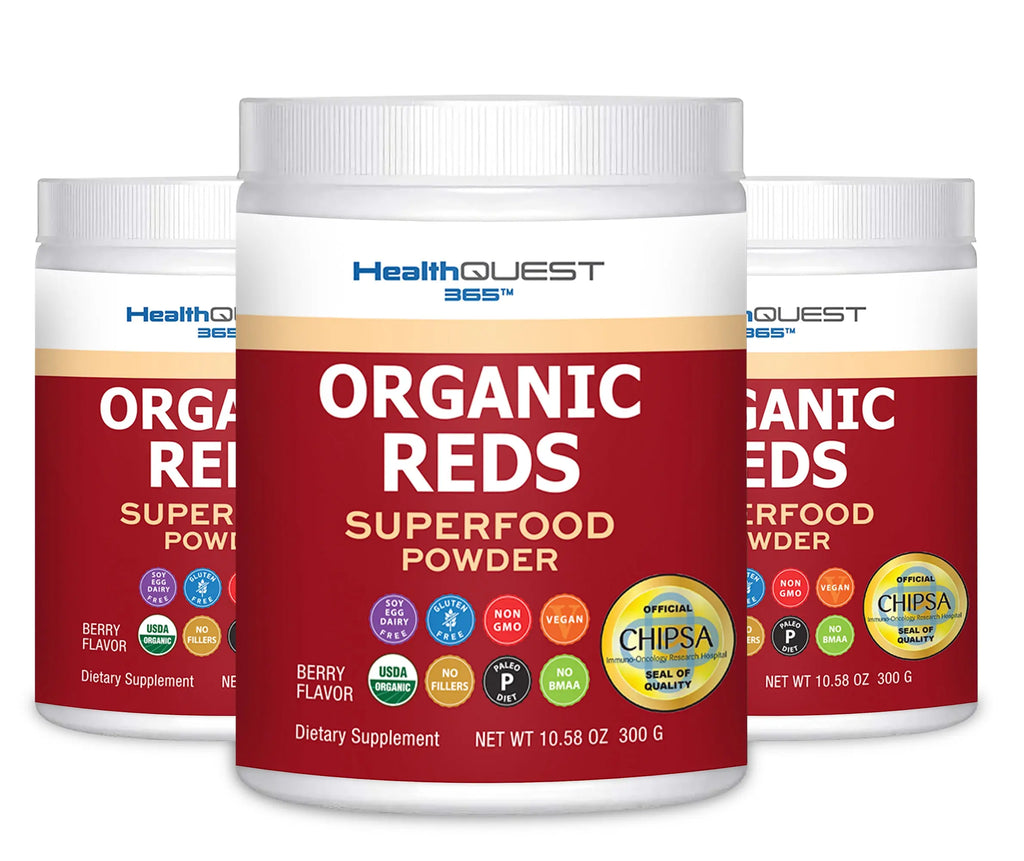It’s about health. It’s about healthy lifestyle. It’s about family™

Discovering The Nutritional Differences: Organic Food Vs. Conventional Food
Our world is more aware and concerned about health and nutrition than ever before. One of the growing debates within this sphere is about the nutritional differences between organic food and conventional food.
This article will delve into the deep intricacies of both types of foods and offer insights into their diverse nutritional profiles.
ORGANIC PRODUCE
One of the most well-studied areas of the nutritional differences between organic and conventional food is produce.
Studies have consistently found that organic produce has higher levels of antioxidants, such as vitamin C, carotenoids, and flavonoids.
They may also have higher levels of some minerals, such as magnesium and phosphorus.

RICHER SOIL AND FEWER PESTICIDES
One possible explanation for the higher levels of antioxidants in organic produce is that they are grown in soil that is richer in organic matter.
Organic matter helps to bind to nutrients and make them more available to plants. It also helps to improve the soil's drainage and aeration, which can also benefit plant growth.
Another possible explanation is that organic farmers use fewer pesticides, which can damage plant tissues and reduce the amount of nutrients that plants can absorb.
ORGANIC MEAT, POULTRY, AND EGGS
Organic livestock are typically fed a diet of organic feed that is free of antibiotics and growth hormones. This may result in higher levels of omega-3 fatty acids in organic meat, poultry, and eggs.
Omega-3 fatty acids are essential fatty acids that are important for heart health, brain development, and other functions.
However, other studies have found no significant differences in the fatty acid content of organic and conventional meat, poultry, and eggs.
ORGANIC DAIRY PRODUCTS
Organic dairy products are produced from cows that are not given antibiotics or growth hormones.
This may result in slightly higher levels of certain nutrients, such as vitamin E, in organic dairy products.

Give You ALL Our Best Workbooks
Get all the Best Workbooks + Action Guides from our expert
ORGANIC PROCESSED FOODS
The nutritional content of organic processed foods can vary depending on the specific product. Some organic processed foods may be higher in nutrients than conventional processed foods, while others may be lower.
This is because the nutritional content of processed foods is determined by a number of factors, including the ingredients used, the processing methods, and the nutrient fortification practices.
ON GOING ORGANIC
In addition to the nutritional differences, there are other potential benefits to eating organic food. Organic farming practices are designed to be more sustainable and environmentally friendly than conventional farming practices.
This means that organic food may be produced with less impact on the environment, such as reduced soil erosion and water pollution.
Ultimately, the decision of whether to eat organic food is a personal one. There is no clear consensus on whether organic food is more nutritious than conventional food. However, if you are concerned about the environmental impact of your food choices, then organic food may be a good option for you.


FREE "Mystery Gift"?
Let me stay in touch with you via email and as a thank you - get this FREE gift.. Something others paid over $1,000 for.
(True story)
RELEVANT LINKS
QUOTE TO REMEMBER FROM THE ARTICLE
"Knowledge is the key to a healthier dietary choice. Whether organic or conventional, understanding your food paves the way to better health and a sustainable future."
WHAT YOU'LL LEARN FROM THE ACTIVITY
Engaging in these activities will help cement your understanding about organic and conventional foods. By reflecting on the information and applying it to your own life, you can improve your diet while also becoming a more informed consumer.
ACTIVITY
-
Reflect on your current diet. How often do you consume organic foods?
-
Write down why you choose organic or conventional foods.
-
Research the meaning of "USDA Organic" label. What standards does this label uphold?
-
In your own words, define what conventional food is.
-
List down three nutritional differences between organic and conventional foods.
-
What kind of effects can pesticide residues have on health?
-
Discuss: Why are organic foods more expensive than their conventional counterparts?
-
True or False: Organic farming negatively affects the environment. Elaborate on your answer.
-
What factors should be considered when deciding between organic and conventional foods?
-
Visit a local supermarket (or do a virtual visit if needed). Look at produce both organic and conventional. Note down the differences that you see in terms of appearance, labeling, and cost.
-
Multiple choice: Which labels are reliable when buying organic foods?
-
USDA Organic
-
Fair Trade Certified
-
Non-GMO Project Verified
-
All of the above
-
-
Describe a situation where you could choose a conventional food over an organic one.
-
Are there any parts of your diet where you could easily swap conventional foods for organic ones? List them.
-
Fill in the blank: Studies have found certain organic foods have more __________ and __________.
-
Reflect: How do you predict your food choices might change after learning this information?
-
List down 3 disadvantages of conventional farming methods.
-
-
True or False: All conventional foods are harmful.
-
In your opinion, is the cost of buying organic foods justified? Write a paragraph explaining why or why not.
-
Describe a situation where you could mix organic and conventional foods in your diet?
-
Cloze Test: Organic food is produced without the use of __________, and __________-based fertilizers.
-
Reflection: How does your understanding of organic and conventional foods contribute to a healthier and more sustainable future?
-
Prediction: How do you think the market demand for organic and conventional foods will change in the future?
-
Based on your learning, do you think organic foods are worth the extra cost? Explain why.
-
Are there certain produce items you would always buy organic after learning this information? Which ones and why?
-
Research: What does "Non-GMO Project Verified" mean?
-
Reflect: Why might some people choose conventional foods over organic ones?
-
True or False: Organic foods are always better for your health?
-
Discuss: How can each individual's food choices impact the environment as a whole?
-
Reflect: How has this activity changed your perspective towards organic and conventional foods?
-
Based on this knowledge, write down an action plan for your next grocery shopping trip.
CONCLUSION
The evidence on the nutritional differences between organic and conventional food is mixed. Some studies have found that organic food has higher levels of certain nutrients, while other studies have found no significant differences. More research is needed to definitively determine whether there are any real nutritional benefits to eating organic food.
Looking for some organic goodness? Why not try Health Quest 365's Organic Greens 365 and Organic Reds 365? You won't regret it!
FREQUENTLY ASKED QUESTIONS
The nutritional value can vary depending on the specific food and growing conditions. Some studies have found certain organic foods have more vitamins and minerals, due to the healthier soil conditions in which they are grown.
This depends on your priorities. If health, sustainability, and quality are important to you, then organic food is usually worth the extra cost.
Not all conventional foods are harmful. However, the use of pesticides and other chemicals in their production could have potential health risks.
Some reliable labels are USDA Organic, Non-GMO Project Verified, and Fair Trade Certified.
Yes, having a mix of both in your diet can be beneficial. But it's good to remember to wash all fruits and vegetables properly before consumption.
TRY AND SEE WHAT THESE CAN DO FOR YOU
... AND HE HATES VEGETABLES!
ORGANIC SUPER GREENS DRINK!
CHIPSA HOSPITAL CERTIFIED NUTRITION

CHIPSA Hospital, known as the original Gerson Hospital, was founded by Charlotte Gerson and Victor Ortuno in 1979.
CHIPSA is known as one of the leading integrative immuno-oncology treatment hospitals in the world.
CHIPSA Patients follow an Enhanced Gerson Protocol and drink 13 Cold Pressed Juices a day and 2oz of Organic Greens 365 daily.
*These statements have not been approved by the Food and Drug Administration. This product is not intended to diagnose, treat, cure, or prevent any disease.
The website's content and the product for sale is based upon the author's opinion and is provided solely on an "AS IS" and "AS AVAILABLE" basis. You should do your own research and confirm the information with other sources when searching for information regarding health issues and always review the information carefully with your professional health care provider before using any of the protocols presented on this website and/or in the product sold here.
Neither Health Quest 365 LLC. nor the author are engaged in rendering medical or similar professional services or advice via this website or in the product, and the information provided is not intended to replace medical advice offered by a physician or other licensed healthcare provider.

